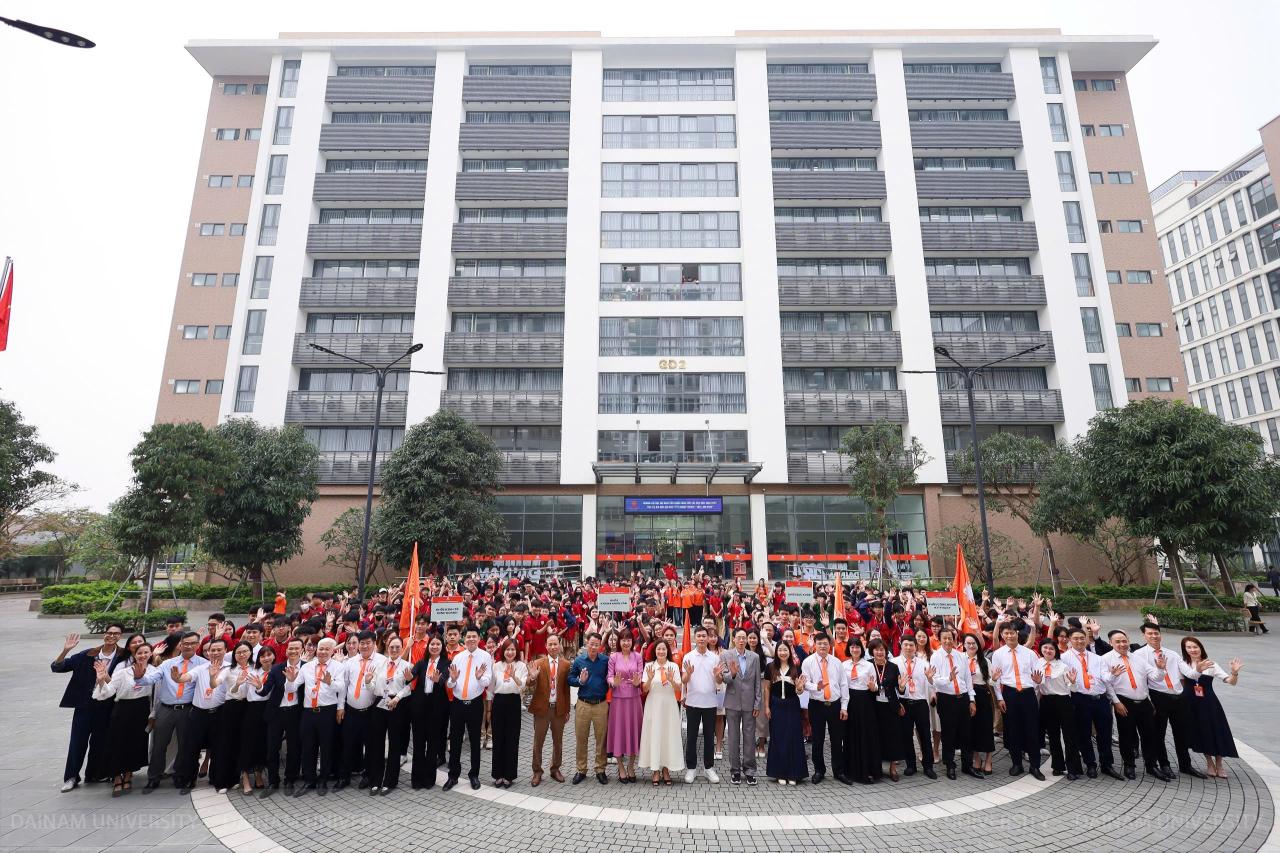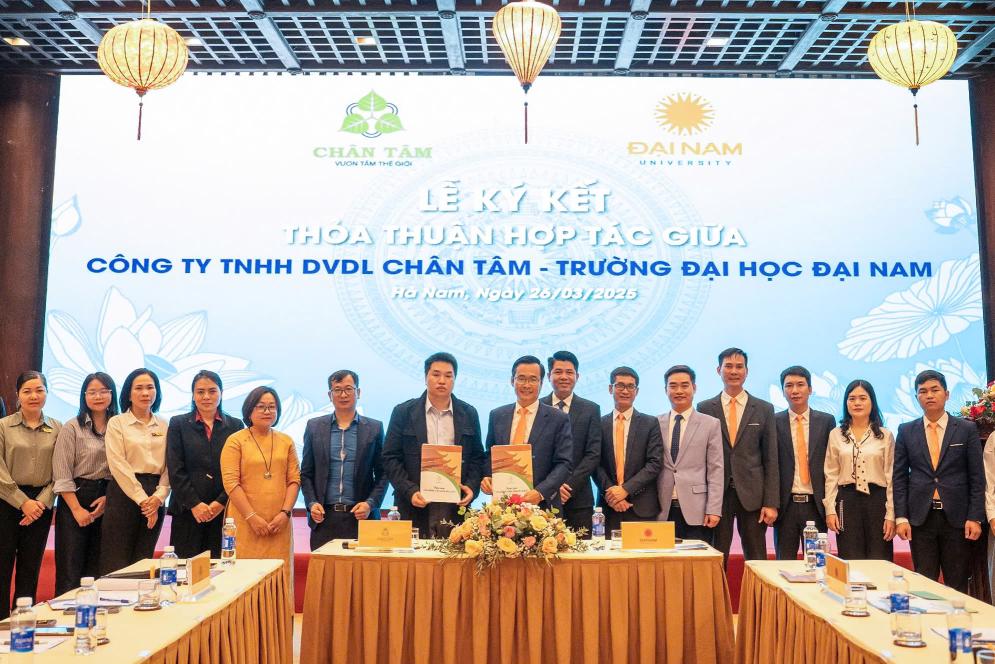“Revealing” Effective Study Methods for Freshmen

The university environment is vastly different from high school, where most of the time is dedicated to self-study and independent research. “Owning” an effective learning method is of great significance, enabling students to absorb, refine, and apply knowledge practically while achieving high academic results. By applying creative and efficient study techniques, Vu Ngoc My – a student from Class KT 15.02, Faculty of Accounting at Dai Nam University – has consistently maintained excellent academic performance and stands out as one of the faculty’s exemplary students. Through this article, Ngoc My will “reveal” her secrets to effective studying for K16 freshmen.

Vu Ngoc My is one of the students with standout academic achievements in the Faculty of Accounting.
Actively Engage with Lecturers
Dai Nam University boasts a dedicated, approachable, and passionate team of lecturers who wholeheartedly support their students. Notably, the academic advisors at the University are highly qualified professionals with strong expertise, solid professional skills, and a willingness to assist and address students’ questions anytime, anywhere.
Therefore, freshmen should not hesitate or fear interacting with lecturers. They are always ready to support students regardless of the time. You can discuss lessons with them, ask about topics you’re unsure of or don’t fully understand, or seek their advice and insights on work, life, skills...
Contacting lecturers is also incredibly easy. Freshmen can send messages, make phone calls, email, or message lecturers via social platforms like Facebook, Zalo, .....

The lecturers in the Faculty of Accounting are all highly skilled, devoted, and enthusiastic in supporting students.
Identify learning goals
Establishing learning goals serves as both motivation and a way to effectively manage your academic journey.
“When I chose Accounting as my major at Dai Nam University, I immediately set specific goals for myself, such as achieving an ‘Excellent’ academic standing each semester, earning scholarships... This helped me determine what I needed to do to reach those targets,” Ngoc My shares.
Identify Core knowledge in each subject
Be “strict” with your studies from the start and never underestimate any subject. Ask yourself: What is this subject for? What is the core knowledge I need to grasp? What will I lose if I don’t focus on it? Answering these questions will guide you on how to study effectively, ensuring that the knowledge you gain after completing a subject is retained deeply and efficiently.
Read materials, prepare lessons, and complete assignments before class
Self-studying before class is quite important. It gives you a preliminary understanding of “What will I learn today? What knowledge will I gain from this subject?” More importantly, it helps you identify what you already understand and what you still need to clarify.
Listen and absorb knowledge from lecturers
It’s no coincidence that lecturers invest so much effort in preparing and delivering lessons. What they teach in class is not only textbook knowledge but also includes guidance and real-world experiences not found in books. Therefore, you must pay close attention and take thorough notes.
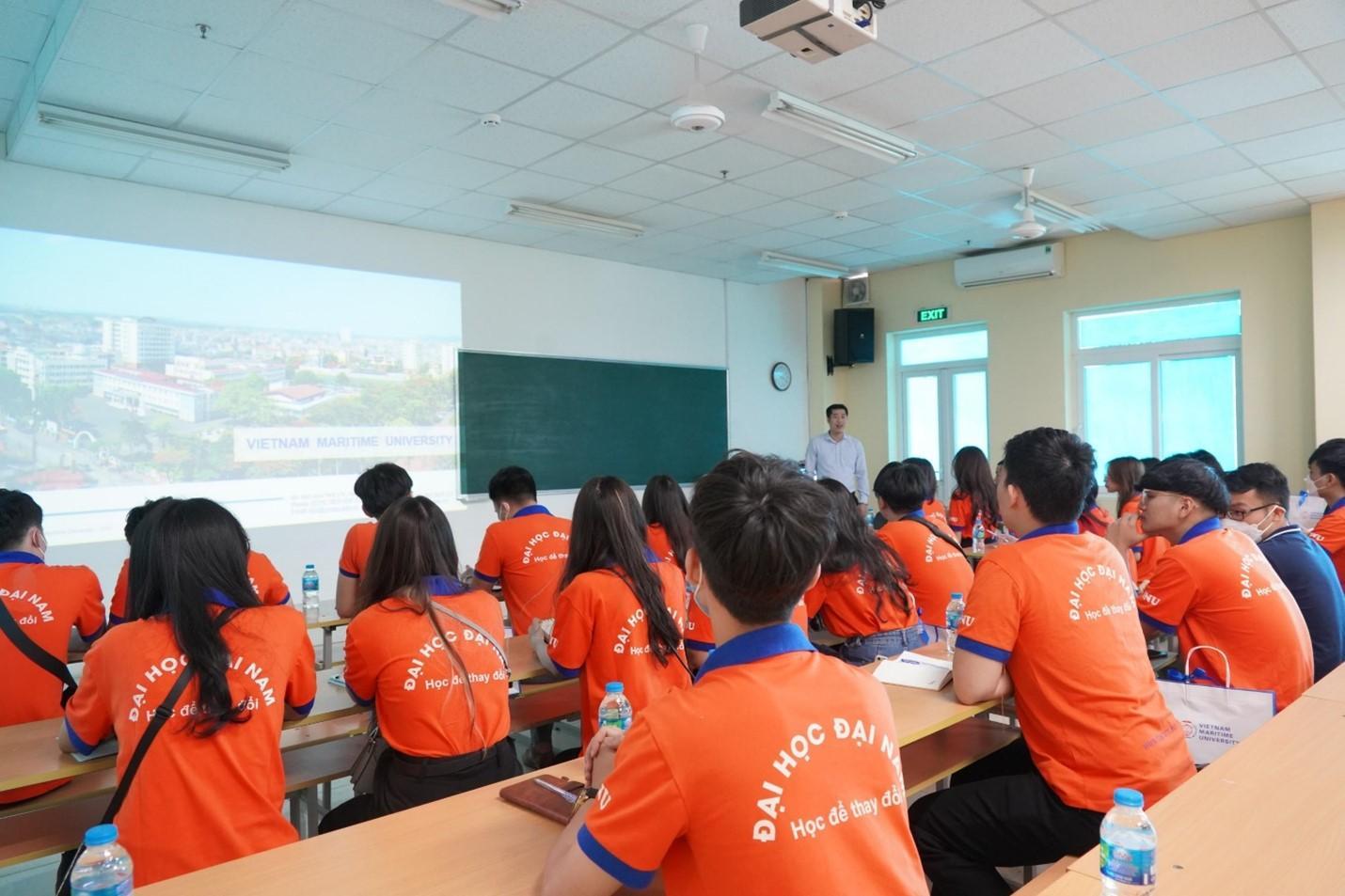
Actively contribute to lessons
Participating in class discussions not only makes lessons more engaging but also deepens your understanding of the material and uncovers core aspects of the topic. Don’t hesitate to share your perspectives and opinions, because your questions might reflect the doubts of others who are too shy to ask.
When working in groups or discussing issues, volunteer to be the group leader. This helps students build leadership, management, and organizational skills while boosting your confidence and proactivity in learning.
Practice with plenty of exercises
For Accounting students, remember that the chart of accounts cannot be memorized rote; it requires detailed understanding to avoid confusion or hesitation when posting entries. To retain knowledge deeply and for the long term, tackle as many exercises as possible to frequently systemize what you’ve learned; discover new, simple, practical, and effective methods, and enhance your skills.
Attend classes regularly
Missing even a single day of class can create gaps in your knowledge. If this happens repeatedly, those gaps grow larger and become harder to fill. Once knowledge is incomplete, you may struggle to understand subsequent lessons, leading to frustration and disinterest in studying. To avoid this, commit to attending classes consistently and fully.
Maximize the use of the Internet and Media
Use technology and social media wisely to research and expand your professional knowledge. For Accounting students, explore tools like Misa and Fast, and stay updated on the latest industry trends to remain relevant. This also helps you understand what employers currently demand.
The DNU library is equipped with full Wi-Fi access and thousands of books for students to research and study.
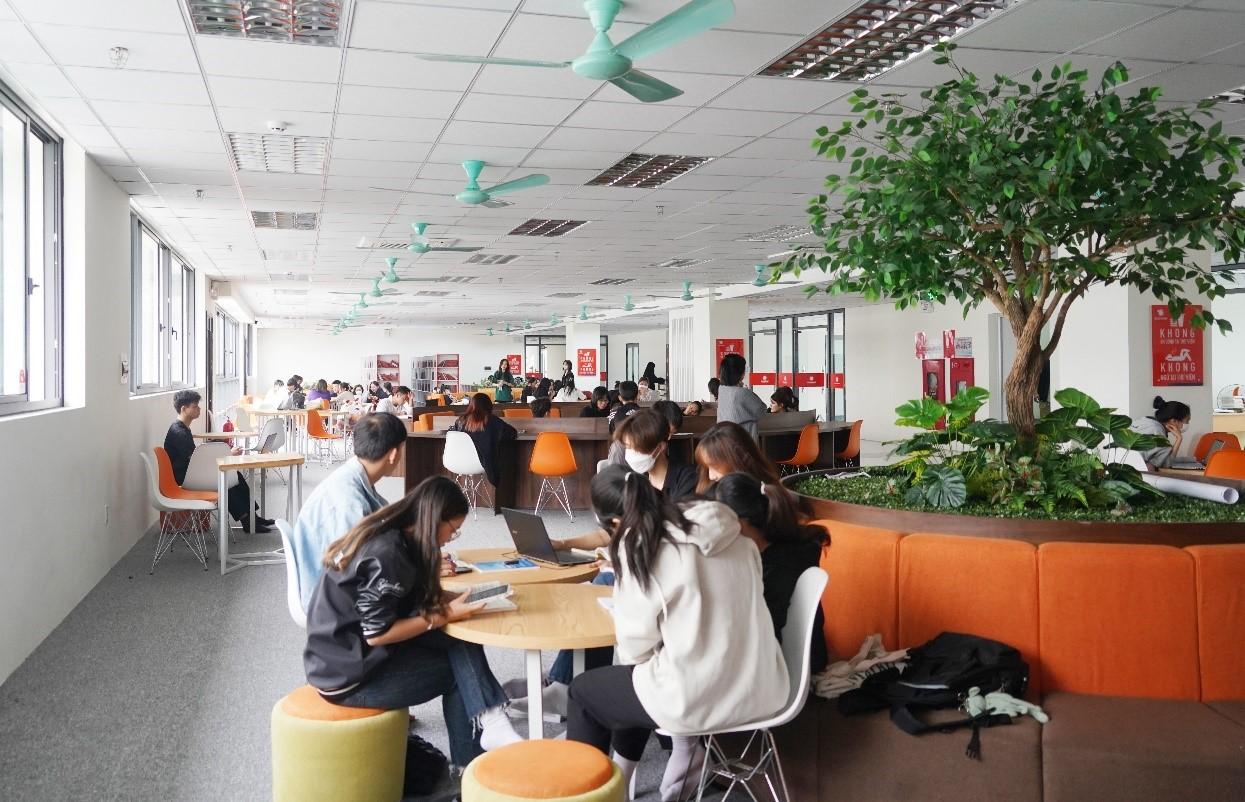
The DNU library is equipped with full Wi-Fi access and thousands of books for students to research and study.
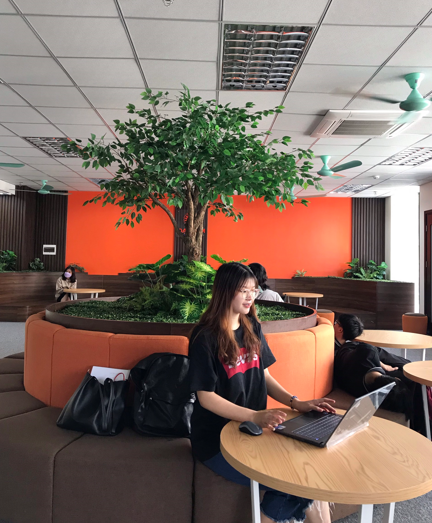
Create mind maps and summaries
Link knowledge together using mind maps. This method helps you systematize lessons, present them in a logical relationship, and make retention easier and more lasting.
Study in groups
As the saying goes, “Learning from peers surpasses learning from teachers,” studying isn’t limited to the classroom; we also have to broaden your knowledge by learning from friends. Group study saves time compared to studying alone. You can ask each other about unclear points, reducing the time needed to ponder or search for additional materials.
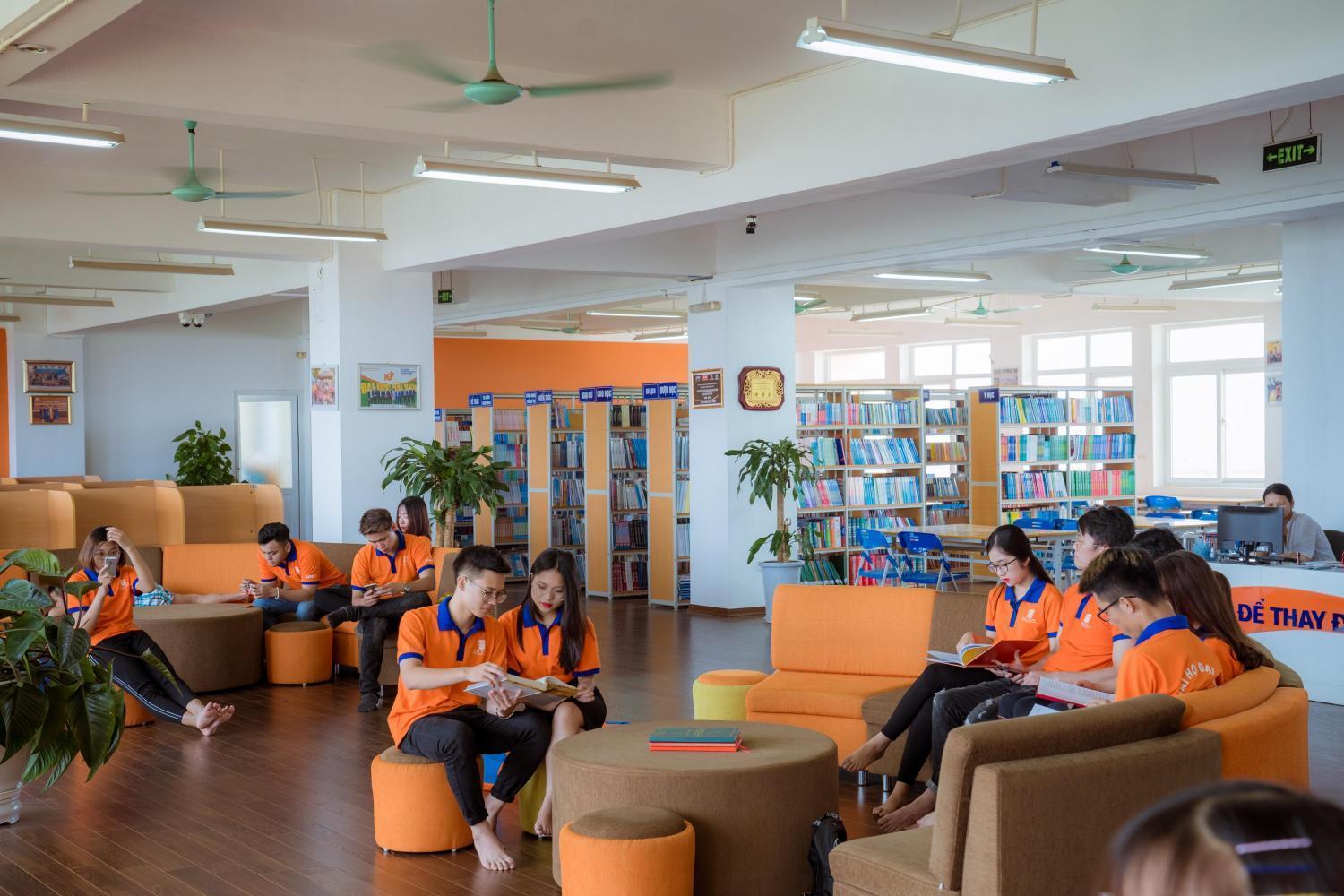
With these study methods shared by Ngoc My, we hope freshmen will find the approach that best suits them and achieve their desired results.
Faculty of Accounting
Register for admission consultation 2025
scholarships and tuition support worth up to 55 billion VND

scholarships and tuition support worth up to 55 billion VND




